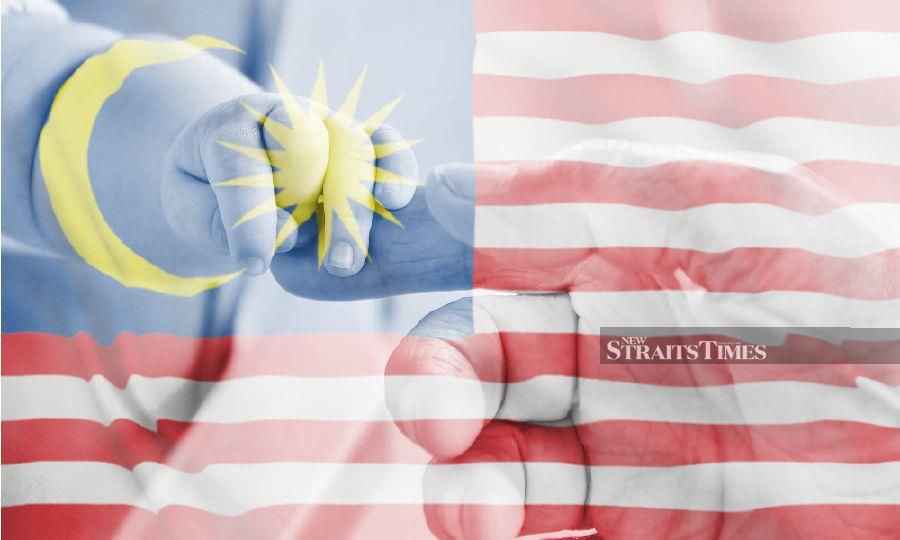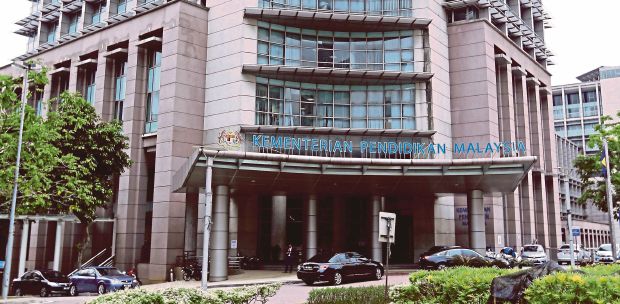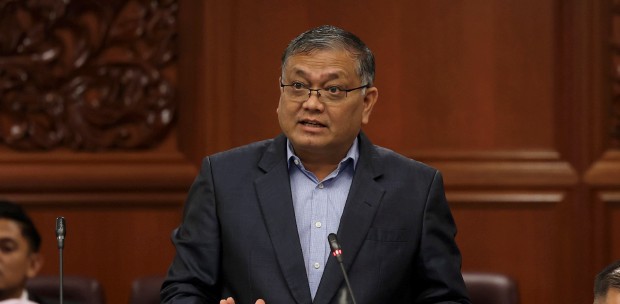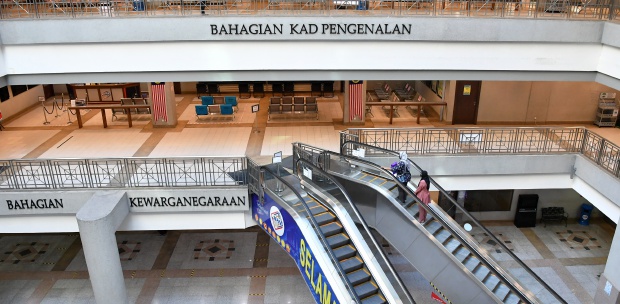Under international law, every child has the right to a nationality. Article 7 Clause (1) of the Convention on the Rights of the Child 1989 (CRC) states that: "The child shall be registered immediately after birth and shall have the right from birth to a name, the right to acquire a nationality…"
Clause (2) then states that "States Parties shall ensure the implementation of these rights in accordance with their national law and their obligations under the relevant international instruments in this field, in particular where the child would otherwise be stateless".
Article 28 Clause (1) requires that: "States Parties recognise the right of the child to education…".
The CRC came into force on Sept 2, 1990, and Malaysia ratified it on Feb 17, 1995.
But a United Nations portal (https://treaties.un.org) stated that our government had made "reservations" to some provisions, including Article 7 and Article 28(1).
The right to education is guaranteed under Article 12 of our Federal Constitution, but it is available only to Malaysian citizens.
I wrote recently about two Malaysian women, Jossil Murray and Mashitah Abdul Halim, who are married to non-citizen husbands.
Personal circumstances compelled the two women to give birth abroad — the former in Thailand and the latter in Turkey. Under our citizenship law, Malaysian fathers have the automatic right to confer citizenship on their children born abroad, but not Malaysian mothers.
In the above two cases, if the newly-born children could not acquire the citizenship of their respective fathers, they will be stateless unless Jossil and Mashitah later are able to apply for Malaysian citizenship for their children ("Constitutional amendment needs approval of Conference of Rules" — New Straits Times, Sept 27).
In 2016, former home minister Datuk Seri Dr Ahmad Zahid Hamidi said that there were approximately 290,000 stateless children in the country. Not all of them are foreigners, refugees or illegal migrants. Many are actually born in the country and have been living here all their lives.
Stateless children in Malaysia do not have access to formal education as most public schools do not accept them. Even if they are able to enrol in public schools, they will not be entitled to assistance, such as the textbook loan scheme.
When they reach adulthood, these children will also face difficulties in securing employment, public and healthcare services.
A United Nations Children's Fund report titled "Ending statelessness for a bright future for every child" states that the problem of statelessness is a vicious cycle, passing from one generation to the next.
The children of stateless persons will also inherit statelessness at birth. This lack of status will remain with them until the day they obtain their citizenship papers, which can take a very long time.
What can we do to ensure that no child shall be born stateless?
Three alternatives can be considered.
One, if the child cannot acquire the father's nationality, he should be able to acquire the mother's nationality.
Two, if the child cannot acquire his father's or mother's nationality, he should be able to acquire the nationality of the country where he was born.
The third alternative is to adopt the United Nations High Commissioner for Refugee's (UNHCR) "Global Action Plan to End Statelessness by 2024", which is intended to ensure that no child is born stateless.
The global action plan requires all states to pass laws (by 2024 the latest) containing provisions granting nationality to (i) children born in their territory who do not acquire another nationality at birth; (ii) children of unknown origin found on their territory; and, (iii) children born to their nationals abroad who do not obtain another nationality at birth.
On Oct 8, 2019, the UNHCR portal (https://www.unhcr.org) stated that it welcomed "Malaysia's renewed commitment to reduce and prevent statelessness in the country. The agency was referring to a speech in Geneva by Tan Sri Muhyiddin Yassin, then the home minister, at a special UNHCR executive committee meeting.
To sum, we seemed to have taken the first step in the right direction. What we need to do is to stay on course.
The writer was a federal counsel at the Attorney-General's Chambers and visiting professor at Universiti Teknologi Malaysia. He is now a full-time consultant, trainer and author
The views expressed in this article are the author's own and do not necessarily reflect those of the New Straits Times






